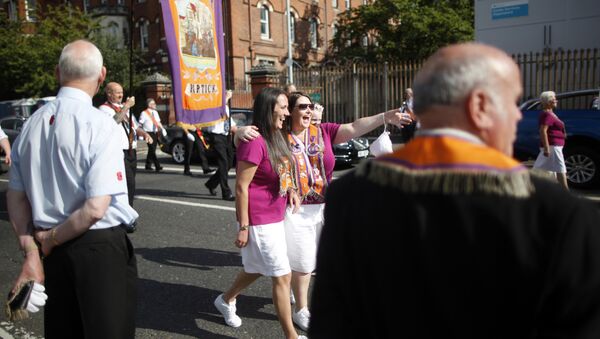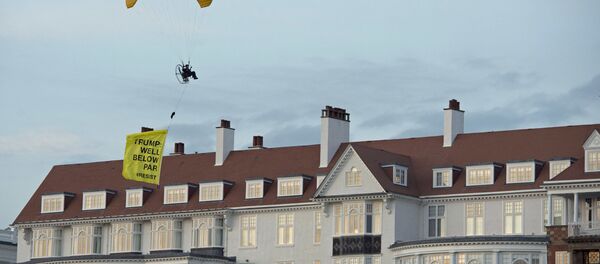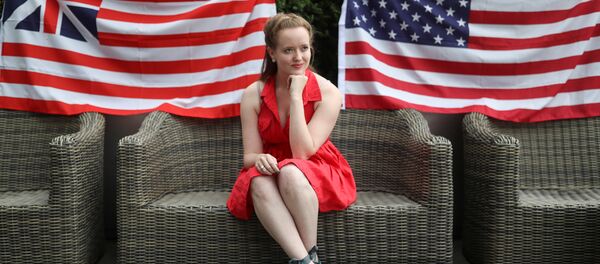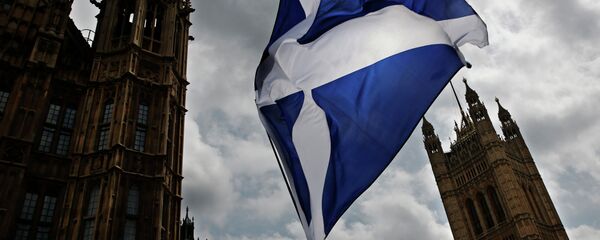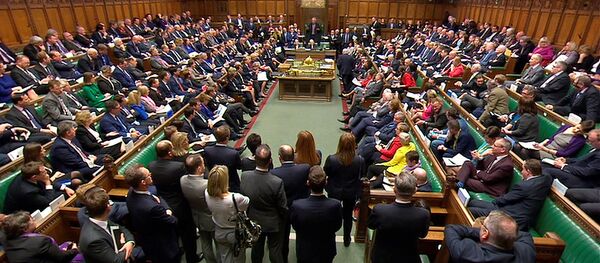Beginnings
Certainly, it is safe to assume that most of the 80,000-plus people who signed a recent online petition to have Orange Order parades banned in Glasgow, after a Catholic priest was spat on and attacked by an as yet unknown assailant when a parade passed his church, would agree with the latter interpretation of the organisation more than they ever would the former. Among them is included this writer, what with his own experience of bigotry — and the Orange Order's role in fomenting anti-Catholic cultural attitudes in parts of Scotland — as a Catholic in Scotland.
It's the small things you remember most: such as having to take the long route to school as a young boy lest you run into boys from the local state (Protestant) school, who will attack you on sight as soon as they see you wearing the Catholic school uniform: such as your dad telling you to write Protestant instead of Catholic on job applications in answer to the question about religion: and such as having ‘Fenian Bastard' daubed on the outside wall of your tenement building.
READ MORE: White House Mocked for Saying Scotland is Not Part of UK in Now-Deleted Tweet
In fact by the early 1980s, when I left school and entered the world of work, I could have been forgiven for believing my actual name was ‘Fenian Bastard' rather John Wight, such was the regularity with which I was called the former in and around the housing scheme where I grew up and spent my formative years.
For generations, politicians and leaders in Scotland have failed to confront the cancer of anti-Irish Catholic bigotry in Scottish society, one that contradicts the boast of Scotland as a successful model of a multicultural society. When it is revealed, for example, that 57% of reported hate crimes in Scotland in 2017 were carried out against Catholics, who make up just 16% of the population, the problem can no longer be swept under the proverbial carpet — as it has been for far too long.
Orange Order believes in tolerance and religious liberty
The Orange Order, returning to the original point, refutes any and all allegations of being driven by anti-Irish Catholic bigotry, and in response to the attack against Catholic priest, Canon Tom White, outside his church in Glasgow during the Orange Order parade mentioned earlier, issued a statement condemning the assault unreservedly.
READ MORE: Scottish MPs Report on Benefits to Scotland of Continued Migration
In the statement the organization takes pains to point out that no one from the Orange Order was involved in what the authorities are now treating as a hate crime, stressing the point that it was carried out by someone who'd attended the parade as a spectator.
In the aforementioned statement, the Orange Order in Scotland also asserts that the organization is "founded on the principle of religious liberty for all. This includes the right of other faiths to celebrate their own heritage and history, just as we celebrate ours."
Another view of the Order
One man who disagrees with the Order's assertion that it is non-sectarian is Professor Tom Devine.
Widely considered Scotland's most estimable historian, and responding to the news that the Orange Order had secured the services of a PR consultant in an attempt to improve the organisation's image, Devine opined that the "best way forward for them [the Orange Order] is to remove…any traces of anti-Catholicism, because of course the Orange Order was founded in the 1790s in the north of Ireland out of fear of Catholicism." He goes on: "The mainstream Protestant churches don't want anything to do with it and mainstream Scottish opinion, especially during the marching season, treats the organization with hostility and contempt."
READ MORE: Will an Independent Scotland Rise From the Ashes of Brexit?
The problem is that this particular Scottish Protestant identity is one that takes as its starting point the assumption that the country's Irish Catholic community is the enemy within.
In 2018 such an assumption is not only ludicrous it is utterly offensive.
The views and opinions expressed by the speaker do not necessarily reflect those of Sputnik.
